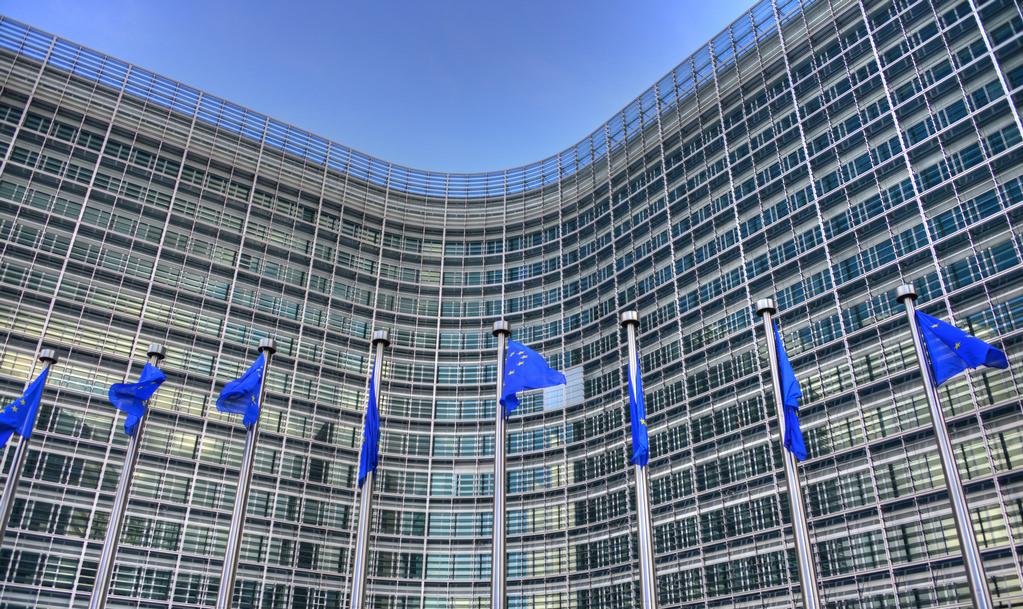
China’s commerce ministry started conducting a trade and investment barrier investigation on 10 July 2024 on the measures used in the European Union’s (EU) Foreign Subsidies Regulation (FAR).
The investigation, prompted by a request from the China Chamber of Commerce for Import and Export of Machinery and Electronic Products, will concentrate on four main product categories, including solar PV and wind power, in addition to railway locomotives and security inspection equipment.
Try Premium for just $1
- Full premium access for the first month at only $1
- Converts to an annual rate after 30 days unless cancelled
- Cancel anytime during the trial period
Premium Benefits
- Expert industry analysis and interviews
- Digital access to PV Tech Power journal
- Exclusive event discounts
Or get the full Premium subscription right away
Or continue reading this article for free
The investigation will finish by 10 January 2025, and will extend to 10 April 2025 under special circumstances.
The EU launched the FAR in July 2023, which enables the European Commission to address distortions caused by foreign subsidies and allows the EU to “ensure a level playing field for all companies operating in the single market” while remaining open to trade and investment. However, Europe still imported around 33GW of solar PV modules from China in the first four months of 2024, representing 43% of total Chinese module exports, according to US energy analyst Clean Energy Associates (CEA).
The import statistics for Europe sit alongside CEA’s observation that “European PV supply is shrinking as many long-standing suppliers closed production or filed bankruptcy due to failure to compete with imports.”
Other measures adopted by the EU included the forced labour ban in April 2024, which prohibited the sale, import and export of goods made using forced labour.
On the other hand, the EU also implemented measures to safeguard Europe’s solar manufacturing industry. The Net-Zero Industry Act (NZIA) came into force on 29 June 2024 for all 27 member states. After that, member states of the EU can apply the NZIA provisions in public procurement, auctions and other forms of public intervention. The NZIA states that the EU’s annual capacity for the production of net zero products, such as solar panels, should meet at least 40% of the bloc’s annual deployment needs by 2030.






